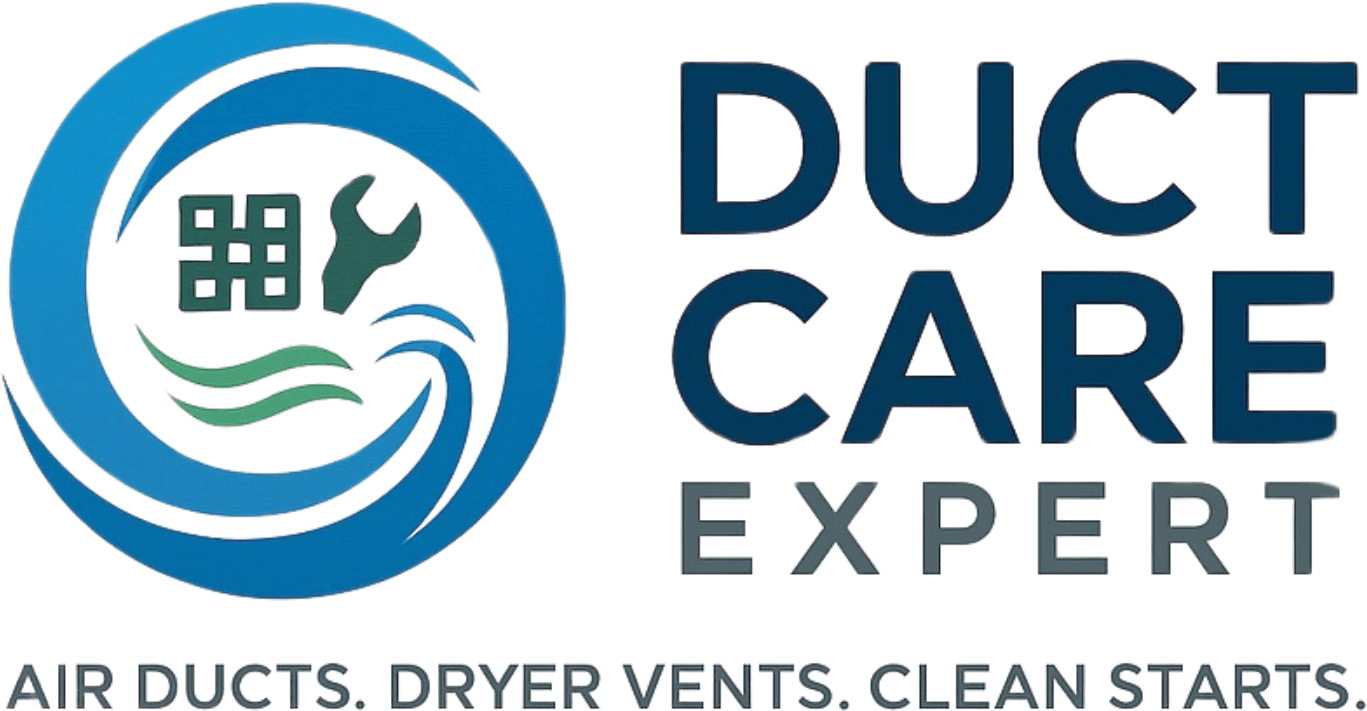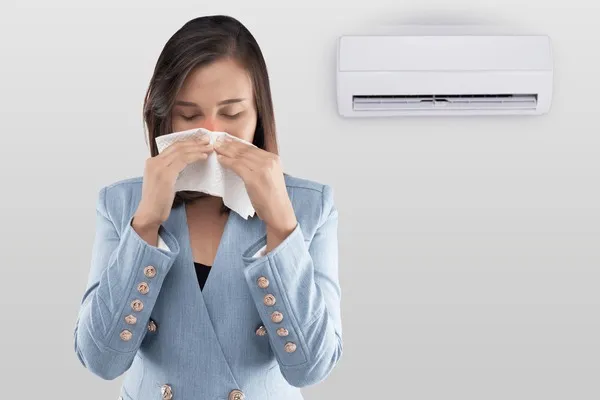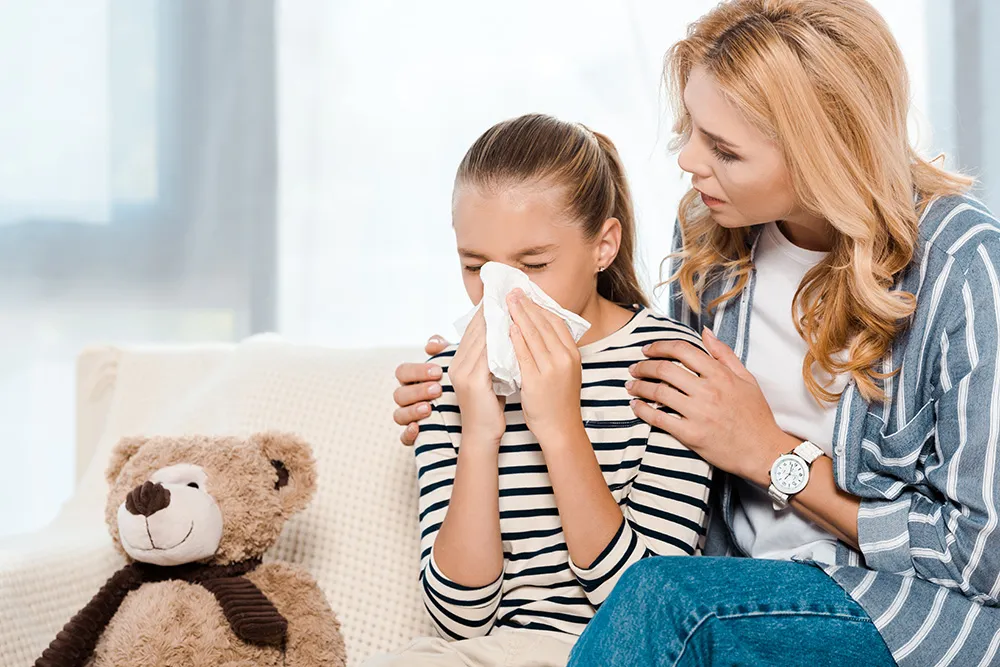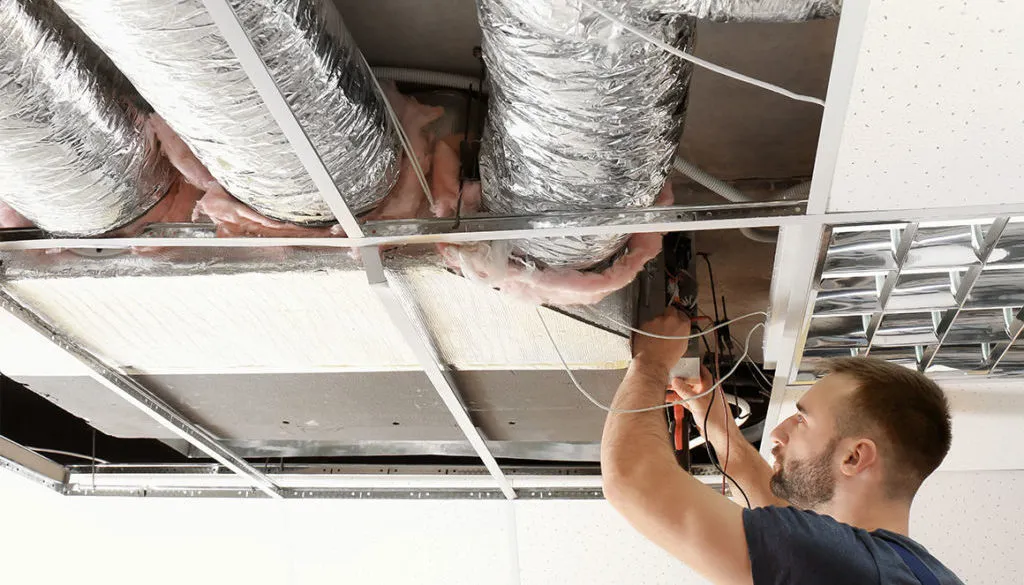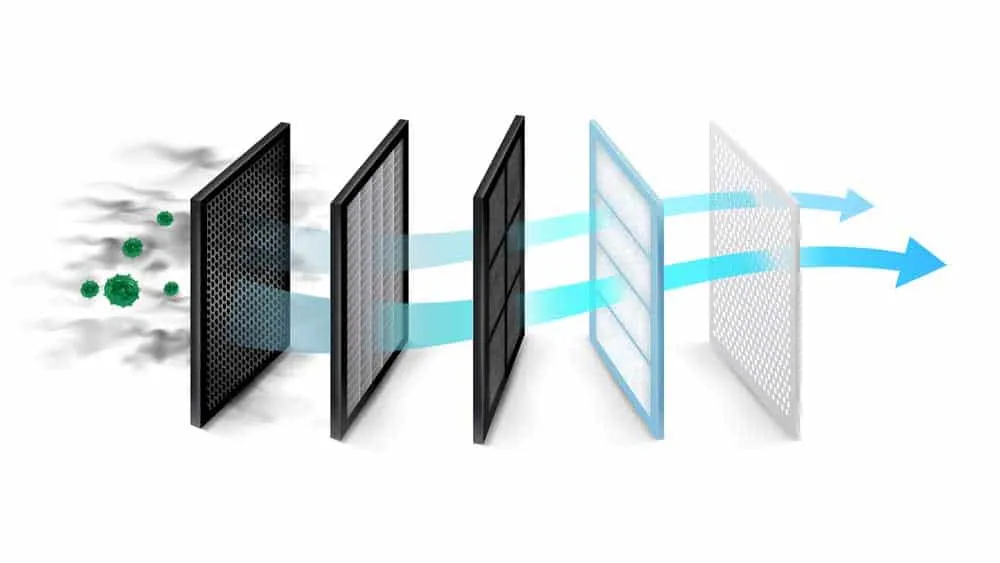
28 Jul
At the arrival of spring, when the flowers begin to blossom, most individuals can embrace the sun and the warmer days. Nevertheless, it is a sign of sneezing, watery eyes, and respiratory irritation to observers who have allergies. Although it is easy always to fault the humidity outdoors, most people fail to note that allergens, particularly pollen, in the respiratory system can find their way inside your home’s HVAC system and make matters even worse.
The most important thing to realize is that pollen and other allergens are trapped in vents, and to improve the air quality in your residence and your health, you need to understand the process of how it happens.
The Role of Air Ducts in Your Home
The normal process within your HVAC (Heating, Ventilation, and Air Conditioning) system is the ability to move air around your house. The ducts are used as roads, which deliver cooled or heated air to various rooms with the help of the central unit.
But when your air ducts are contaminated and have high levels of dirt in them, they not only distribute air, but rather, they distribute allergens. Pollen in air ducts is one of the most frequent offenders as it accumulates with time and is recirculated when the system is switched on.
How Pollen Enters Your HVAC System
Pollen- It is a microscopic material, emitted by weeds, grasses, and trees. Other plants are supposed to be fertilized by it, but it is a pity to say that it is also one of the leading causes of allergies. This is the way pollen finds its way to your air ducts:
1. Through Open Windows and Doors
Although you might not spend a lot of time outside of the house, the open windows or doors will enable outdoor pollen to enter the house. At that point, your HVAC system is sucking in the air (and pollen) that may sit in the ducts.
2. Tracked in by Shoes and Pets
You or your pets could come inside with pollen in your garments or fur. It finds itself being sucked into the return vents and being lodged in the innermost parts of the ductwork.
3. Poor Filtration Systems
Your HVAC system must have a high-efficiency air filter, or the filter should have been replaced within the recent past, in case there is no high-efficiency filter; the pollen will pass through into the vents and propagate throughout your home.
Other Common Allergens in Ducts
Aside from pollen in air ducts, other allergens can also accumulate and contribute to respiratory issues:
- Dust mites
- Pet dander
- Mold in air ducts/spores
- Bacteria
- Insect debris
Each of these particles can cling to the walls of your ductwork and become airborne whenever the HVAC system is active.
Symptoms That Suggest You Need Air Duct Allergy Cleaning
Allergens hiding in your vents don’t just sit idle—they directly affect your indoor environment. If you or your family members experience any of the following symptoms indoors, your ducts may be to blame:
- Sneezing or congestion
- Itchy or watery eyes
- Persistent cough
- Asthma flare-ups
- Headaches or fatigue
In such cases, air duct allergy cleaning becomes essential to reduce indoor allergen levels and improve air quality.
How Air Ducts Trap Allergens
Air ducts are ducts composed usually of sheet metal or flexible plastic stretched across your entire household. They are enclosed within the walls and ceilings; hence, they are not easy to clean by hand. With time, the atmosphere of the room is filled with pollen, dust, and moisture that adheres to the surfaces and accumulates layers of allergic material.
Factors that contribute to allergen buildup include:
- Humidity: Moist environments help mold and bacteria grow.
- Neglected filters: Allow dirt and allergens to bypass the filtration system.
- Leaky ductwork: Allows additional dust and outdoor allergens to enter the system.
Why Regular Cleaning Is Necessary
Failure to clean the air ducts cannot give rise to unwanted problems instantly, but months and years later, the particles that are stuck in there end up in large numbers, filling the environment with danger. This is the reason why professionals prescribe air duct allergy cleansing at least after every 3 to 5 years, or in a shorter period, should you have pets, allergies, or reside in a county with high pollution,n like Atlanta.
Benefits of Air Duct Allergy Cleaning
Professional air duct cleaning offers several health and comfort benefits:
1. Reduced Allergy Symptoms
Cleaning up collected allergic particles, such as pollen, in air ducts will cut the amount of particles inhaled by your body on a daily basis by a huge margin.
2. Improved HVAC Efficiency
When the ducts are clean, the air flows freely, and this enhances the performance of the systems and reduces your energy bills.
3. Odor Removal
Musty smells can be caused by dust, mold, and pet dander. When the ducts are cleaned, it replenishes the smell of your house.
4. Long-Term Cost Savings
Preliminary cleaning decreases the wear and tear on your HVAC system, thereby increasing its lifespan.
Atlanta Allergen Removal Services: Why Local Expertise Matters
In the state of Georgia, and in the city of Atlanta, where the pollen levels might be extremely high during the spring and in the fall, it is highly important to have Atlanta allergen removal services.
These professional services are well conversant with the local weather conditions, the general allergens present in the area, and also have excellent remedies for residential areas with the problem of southern air heavy with pollen. With the help of industrial vacuums, rotating brushes, and HEPA filters, these professionals clean the ducts completely without causing the allergens to be released back into the house.
What to Expect During Professional Duct Cleaning
A reliable air duct allergy cleaning service will follow these general steps:
- Inspection – Technicians check the duct system for dust, pollen, mold, and leaks.
- Protection – Furniture and walls are protected during the process.
- Deep Cleaning – Industrial-grade tools remove all debris from the ducts.
- Sanitization – Optional antimicrobial treatments kill mold spores and bacteria.
- Post-Inspection – A final check ensures the job is complete and clean.
DIY Tips to Reduce Allergens Between Cleanings
While hiring professionals is the most effective option, you can also take small steps to reduce pollen and other allergens:
- Use high-quality HEPA filters and change them regularly.
- Vacuum carpets and rugs weekly using a HEPA vacuum.
- Keep windows closed during high-pollen seasons.
- Use an indoor air purifier in common areas.
- Wipe down vent covers and registers every month.
The Final Word on Cleaner Air
Learning how pollen in air ducts and other allergens can trap you can help you control your indoor atmosphere. When you or your family feel the signs and symptoms of an allergy, even at home, when you are inside your living space, it is time to think about a special air duct allergy cleaning.
And those of us who live in the Southeast, and perhaps must cope with the annual growth of pollen, partnering with reputable Atlanta allergen Removal services will provide the cleanest, freshest, and safest air possible flowing around your house.
Frequently Asked Questions
- What is the frequency of cleaning my air ducts when I have allergies?
As best practice, your air ducts can be professionally cleaned every 3 years. Consider cleaning more often in case you have severe allergies or reside in a high-pollen area such as Atlanta.
- Will it remove all allergens with duct cleaning?
It can help to eliminate bad pollen, dust, and mould by far but additionally, it is crucial to make sure that the air filters and the general cleanliness are preserved.
- Which filter is most effective to reduce pollen in the air ducts?
Pollen and other microscopic allergens can be well captured in HEPA filters.
- Is the pet and kid-friendly cleaning of the air ducts an allergy?
Yes, in case it is performed by professionals utilizing non-toxic and environmentally safe products.
- Is it possible to clean air ducts on my own?
Although small-scale cleaning, such as dusting of vent covers, is feasible, deep cleaning of the duct needs special tools and skills.
To schedule your appointment with the highest standard of care, visit Duct Care Experts on our website, where you can also explore more informative blogs.
